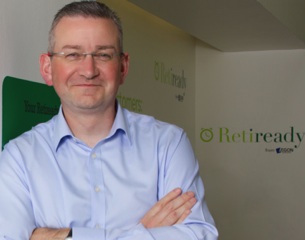More than a third (39%) of respondents do not have a financial plan for retirement, according to research by Aegon UK.

Its Retirement readiness survey, which questioned 16,000 employees in 15 different countries, found that 12% of respondents have a written financial plan for retirement.
Less than a third (29%) of UK respondents intend to stop working altogether when they retire, while 14% hope to continue working in some capacity throughout retirement.
Some 36% of UK respondents anticipate they will continue to work part-time or on temporary contracts.
Among respondents in the Netherlands, 33% expect to stop working when they retire, while this figure is are notably higher in Sweden (36%), France (51%) and Spain (52%).
The research also found that 48% of respondents most associate the word ‘leisure’ with retirement, closely followed by ‘freedom’ (47%), ‘enjoyment’ (34%) and ’opportunity’ (23%).
This compares to the 15% of respondents who most associate retirement with ‘insecurity’, followed by ‘boredom’ (14%) or ‘poverty’ (13%).
David Macmillan (pictured), managing director at Aegon UK, said: “The government’s decision to provide greater pensions flexibility sits well with the plans of many workers who see retirement, not as the day they stop working, but the point at which they scale back their hours.
“Many of these people are likely to start drawing some income from their pension in order to supplement their part-time earnings. The fact the government is also allowing people to continue making pension contributions of up to £10,000 each year while taking a pension means people can continue to top up their pension pot while drawing an income.
“We are living longer and many people can expect to spend 20 or 30 years in retirement. As a result, it is not surprising that many people intend to work part-time in retirement, and balance flexible working against leisure and activities they’ve always wanted to do.
“However, increased flexibility means people have more choice about how they take their pension income and it will become increasingly important that people have a plan in mind.”